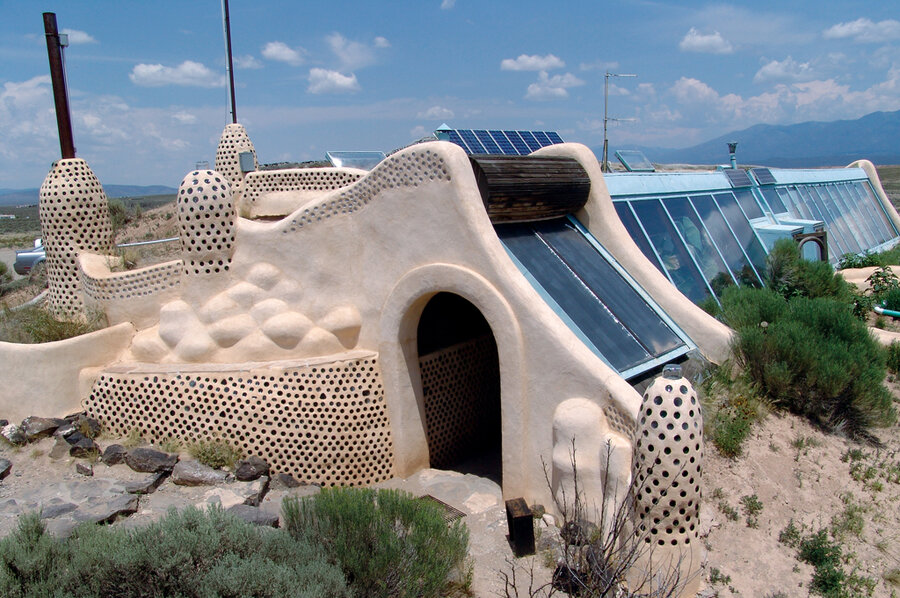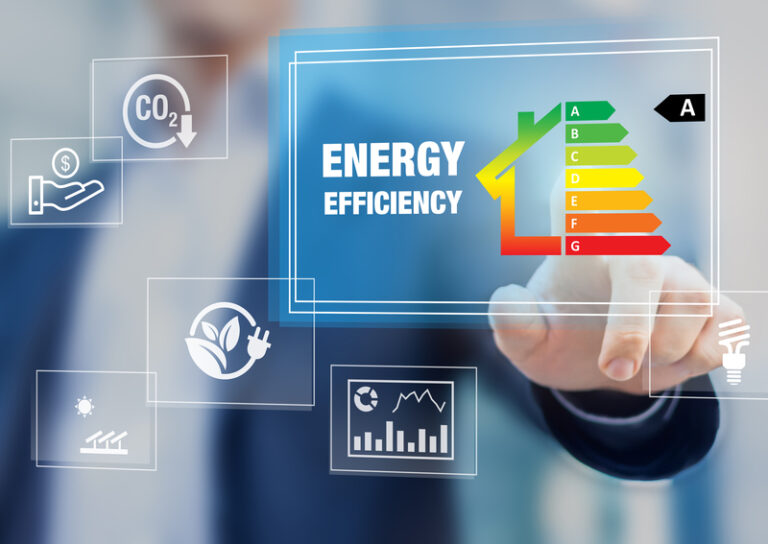Off-grid living is gaining popularity as people seek independence from traditional utility services and a more sustainable lifestyle. By setting up and maintaining an off-grid energy system, individuals can reduce their environmental impact, save on utility bills, and achieve a greater sense of self-sufficiency. However, transitioning to an off-grid lifestyle comes with its own set of benefits and challenges. This blog post will guide you through the essentials of setting up an off-grid energy system and explore the rewards and hurdles of living off the grid.

Setting Up an Off-Grid Energy System
1. Assess Your Energy Needs:
Calculate Usage: Determine your daily energy consumption by listing all the appliances and devices you use, their power ratings, and usage hours. This helps estimate the total energy required to sustain your lifestyle.
Prioritize: Identify essential and non-essential energy uses to prioritize power distribution during energy shortages.
2. Choose Your Energy Sources:
Solar Power: Solar panels are the most common off-grid energy source. They convert sunlight into electricity, and with the right setup, can power most household needs.
Wind Power: Wind turbines can complement solar power, especially in areas with consistent wind. They generate electricity by harnessing wind energy.
Hydropower: If you have access to a flowing water source, micro-hydro systems can provide a reliable and continuous energy supply.
Backup Generators: For days when renewable sources fall short, a generator can serve as a backup power source.
3. Energy Storage:
Batteries: Storing energy is crucial for off-grid living. Deep-cycle batteries store excess energy produced by your renewable sources, ensuring you have power during nighttime or cloudy days.
Battery Management System (BMS): This system optimizes battery performance, prolongs battery life, and ensures safe operation by monitoring and managing charge and discharge cycles.
4. Power Management:
Inverters: These devices convert direct current (DC) from batteries to alternating current (AC) used by most household appliances.
Charge Controllers: They regulate the voltage and current from solar panels to prevent batteries from overcharging.
5. System Monitoring:
Monitoring Tools: Use monitoring systems to track energy production, consumption, and storage levels. This helps in optimizing energy usage and detecting issues early.
Benefits of Off-Grid Living
1. Independence and Self-Sufficiency:
Energy Independence: Relying on your own energy system frees you from dependency on utility companies and fluctuating energy prices.
Resilience: Off-grid systems are less vulnerable to power outages caused by natural disasters or grid failures.
2. Environmental Impact:
Sustainability: Using renewable energy sources reduces your carbon footprint and promotes environmental conservation.
Resource Conservation: Off-grid living encourages mindful consumption and efficient use of resources.
3. Financial Savings:
Long-Term Savings: While the initial setup cost can be high, off-grid systems save money in the long run by eliminating monthly utility bills.
Incentives: Governments often provide incentives, tax credits, and rebates for installing renewable energy systems.
4. Lifestyle and Health:
Connection to Nature: Off-grid living often involves a closer connection to nature and a simpler, more intentional lifestyle.
Healthy Living: The physical work involved in maintaining an off-grid lifestyle can promote better health and well-being.
Challenges of Off-Grid Living
1. Initial Costs:
High Setup Costs: The initial investment for renewable energy systems, batteries, and installation can be significant.
Maintenance Expenses: Regular maintenance and occasional repairs can add to the costs.
2. Energy Management:
Limited Energy Supply: Managing energy consumption is crucial, especially during periods of low energy production.
System Efficiency: Ensuring the efficiency of your energy system requires ongoing attention and occasional upgrades.
3. Technical Knowledge:
Learning Curve: Understanding the technical aspects of setting up and maintaining an off-grid system can be challenging.
DIY Skills: Basic DIY skills are often necessary for installation and maintenance tasks.
4. Lifestyle Adjustments:
Adaptation: Adjusting to an off-grid lifestyle may involve changes in daily habits and routines.
Isolation: Living off-grid can be isolating, particularly in remote locations.
Conclusion
Off-grid living offers a unique opportunity to achieve energy independence, reduce environmental impact, and embrace a sustainable lifestyle. By carefully planning and setting up an efficient off-grid energy system, you can enjoy the benefits of self-sufficiency while navigating the challenges that come with it. Whether you’re motivated by environmental concerns, financial savings, or the desire for a simpler life, off-grid living can provide a rewarding and fulfilling experience. As you embark on this journey, remember that preparation, knowledge, and adaptability are key to thriving off the grid.


